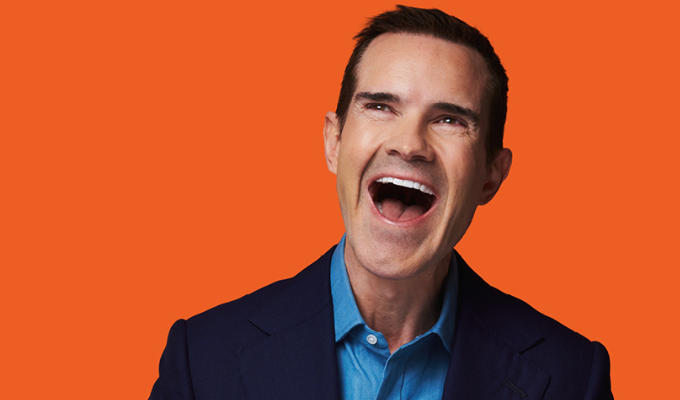Book review: Birdwatchingwatching
by Alex Horne
Typical. You wait ages for a comedian to write a book on birdwatching, then two flock together. Just a couple of months after Rory McGrath's Bearded Tit, comes Birdwatchingwatching, based on Alex Horne's 2007 Edinburgh show.There must be a market for it, but if you're not a twitcher or a birder, on any of the other category of birdwatcher Horne carefully defines, this might leave you cold.
Horne was once immune to the appeal of this peculiar activity, but as he started to contemplate starting a family he decided he wanted to understand his own father better. And what better way than to take an interest in his lifelong hobby (no bird pun intended, but as the author acknowledges, they are almost unavoidable). They decide to make a competition of it, to see who could spot the most species, subject to a few terms and conditions, in a 12-month period.
That is what this book chronicles: Horne's gradual progression from novice to - well if not expert, at least keen amateur. And maybe, as he hits his thirties, he'll come to some understanding of fatherhood along the way.
The problem is that by and large birdwatching is not only uneventful, but repetitively uneventful. So diary entry after diary entry has Horne staking out some plot of countryside or forgotten urban corner in the hope of finding another small brown bird marginally different from the next. Even when he goes somewhere more far-flung, this is still a list of birds he’s spotted – just a slightly more exotic one.
That it's not a particularly interesting pastime for non-believers needn't be a problem. A non-football fan can read Nick Hornby's Fever Pitch and understand the all-consuming passion. Hell, even spotting consecutive car number plates can be made entertaining in the right hands, as Richard Herring has so hilariously shown.
But Horne doesn't really have the passion for birdwatching to either thoroughly the layman or write about it from an obsessive's point of view. To his credit, he doesn't want to sneer and mock, either – but while he strikes the perfect note of baffled curiosity, it’s the field work that slows the pace down.
As you might expect from his literate stand-up, Horne writes well with a wryly witty turn (again, no pun intended) of phrase: ‘Birdwatching,’ he says ‘is essentially an enormous game of hide and seek, in which you do the hiding and the seeking, and the birds have no idea they’re involved in a game’. But he can't resist a footnote; and the book is rammed full of them - each aside interrupting the flow, and rarely adding much. Most of those that do could surely have been incorporated into the text.
Other than his attempts to build up his tally, the other elements of the story are underplayed. We don't find out much about Duncton - the family nickname for his Dad - or care much either way about who's winning in the tally of species spotted. When this was a warm-hearted hour-long live show, the typically awkward father-son relationship was key, but here that thread is diluted by the 12-month diary format. Towards the end of the year, a confessional side tale about a shard of Roman pottery which he recalls from his youth emerges, but it seems too little, too late.
Over the year, Horne's very slow journey brings him some respect for birdwatchers, some knowledge of the subject, but very little revelation,either personal or ornithological.
At the end of his big year, Horne asks his father what his favourites were: ‘Just the birds that stir the soul,’ comes the response. And the problem is Birdwatchingwatching just doesn’t stir the soul. This book's simply for the birds... and maybe some of those who watch them.
Reviewed by: Steve Bennett
Published: 3 Apr 2009






